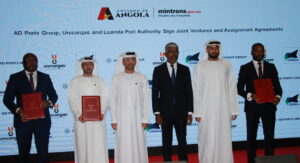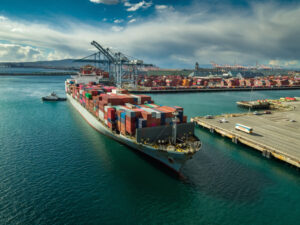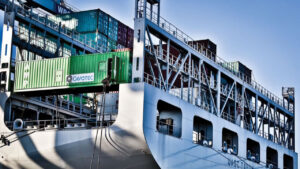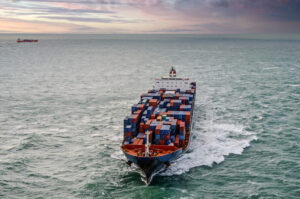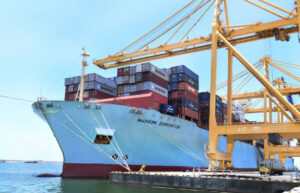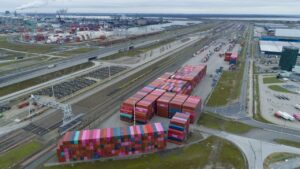According to a study by the Port of Rotterdam, in collaboration with research institute TNO, vessels that are better informed about the availability of berths could make substantial savings in terms of fuel and CO2 emissions.
If a vessel is made aware that a berth is free, particularly during the last twelve hours before its arrival, it will be able to adapt its sailing speed accordingly so that it arrives “just in time”.
As a result, container ships will consume less fuel and produce lower emissions of unwanted substances, including carbon dioxide, sulfur oxides and nitrous oxides.
Rob Zuidwijk, Rotterdam School of Management, discusses smart ports in global supply chains in a recent Port Technology technical paper
In addition to this, significant savings are also possible due to shorter waiting times in anchorage areas.
The results of the study were presented this week at the head office of the International Maritime Organization (IMO), during a meeting of the IMO Intersessional working group on the reduction of Greenhouse Gas emissions from ships.
Astrid Dispert, Technical Adviser of the Global Maritime Energy Efficiency Partnerships Project (GloMEEP), said: “In percentage terms, we’re talking about modest amounts.
Just-in-time varen naar haven bespaart honderdduizenden ton CO2 https://t.co/QgmuZTmmpm pic.twitter.com/FSx3Od0a5Z
— TNO Nieuws (@TNO_nieuws) October 18, 2018
“But it’s exactly these types of measures that can make a huge difference in the short term and help reduce the carbon footprint of marine shipping. Added to that, they’d also have a beneficial effect on the wallets of the shipping companies.”
Jan Hulskotte, Senior Researcher at TNO, also commented: “By supplying more accurate information to ships, 4 percent – or 134,000 tonnes – of CO2 emissions can be saved every year.
“To do this, container ships would have to adjust their sailing speed by an average of 5 percent, and still arrive at the planned arrival time.”



